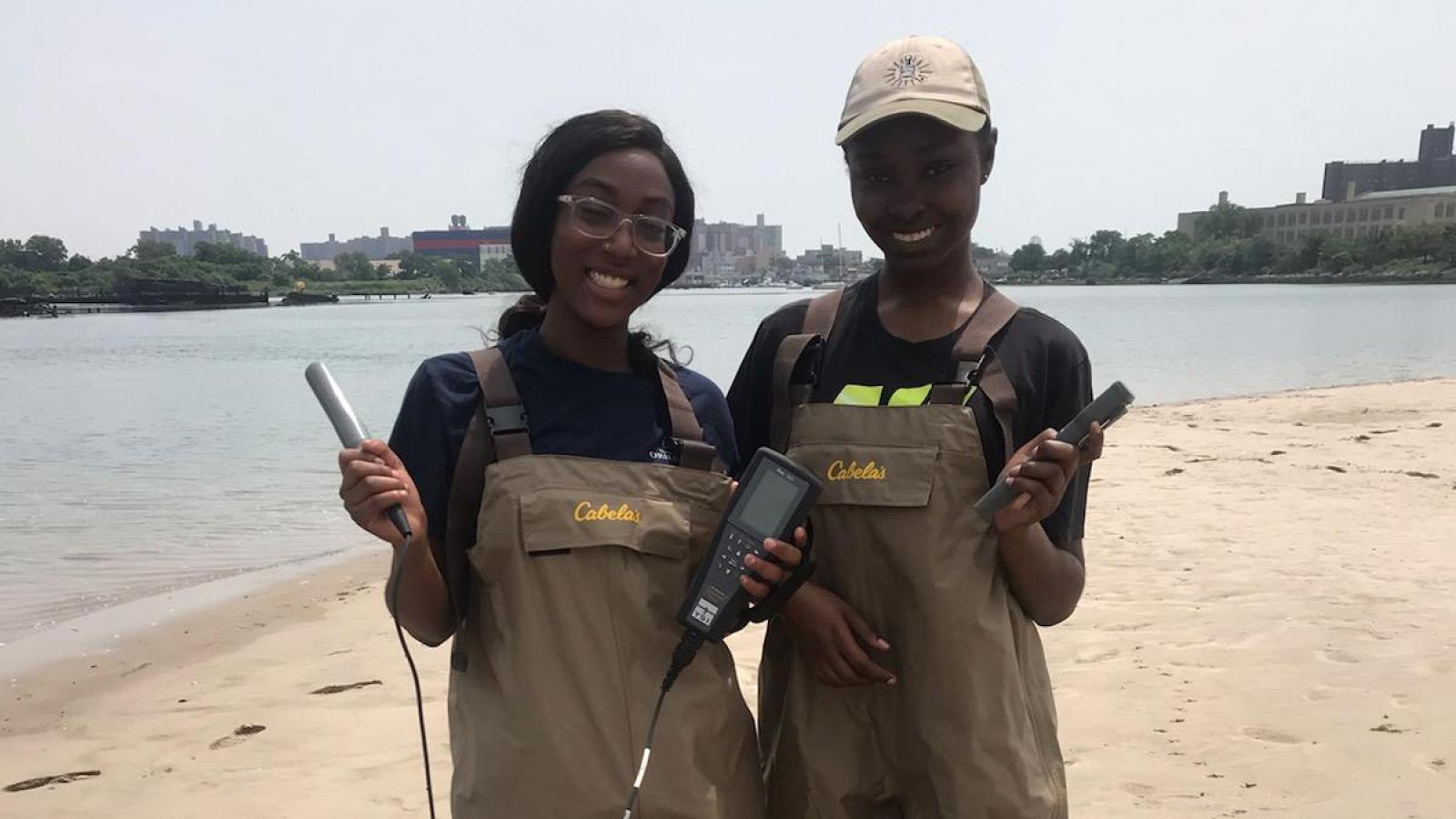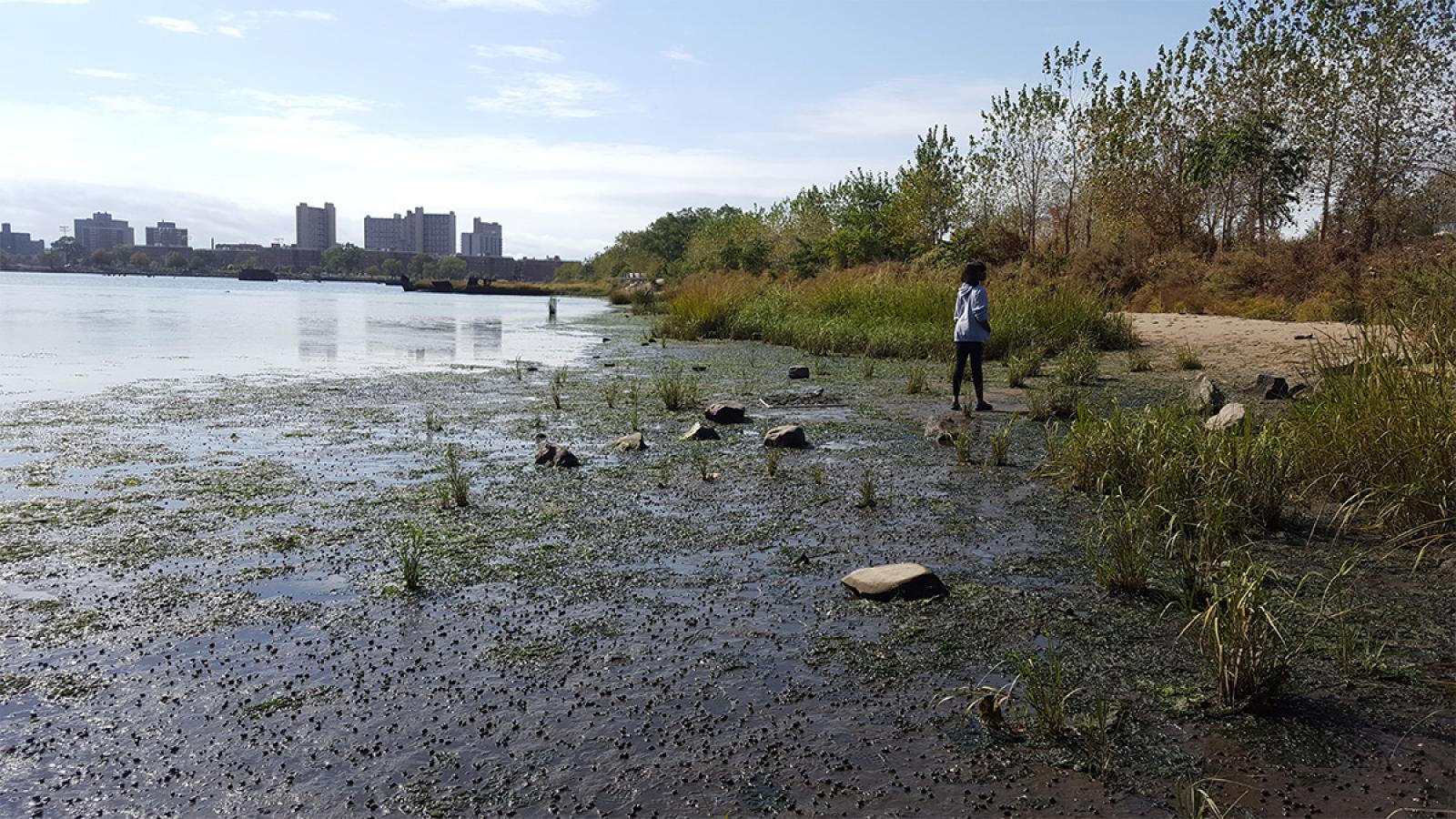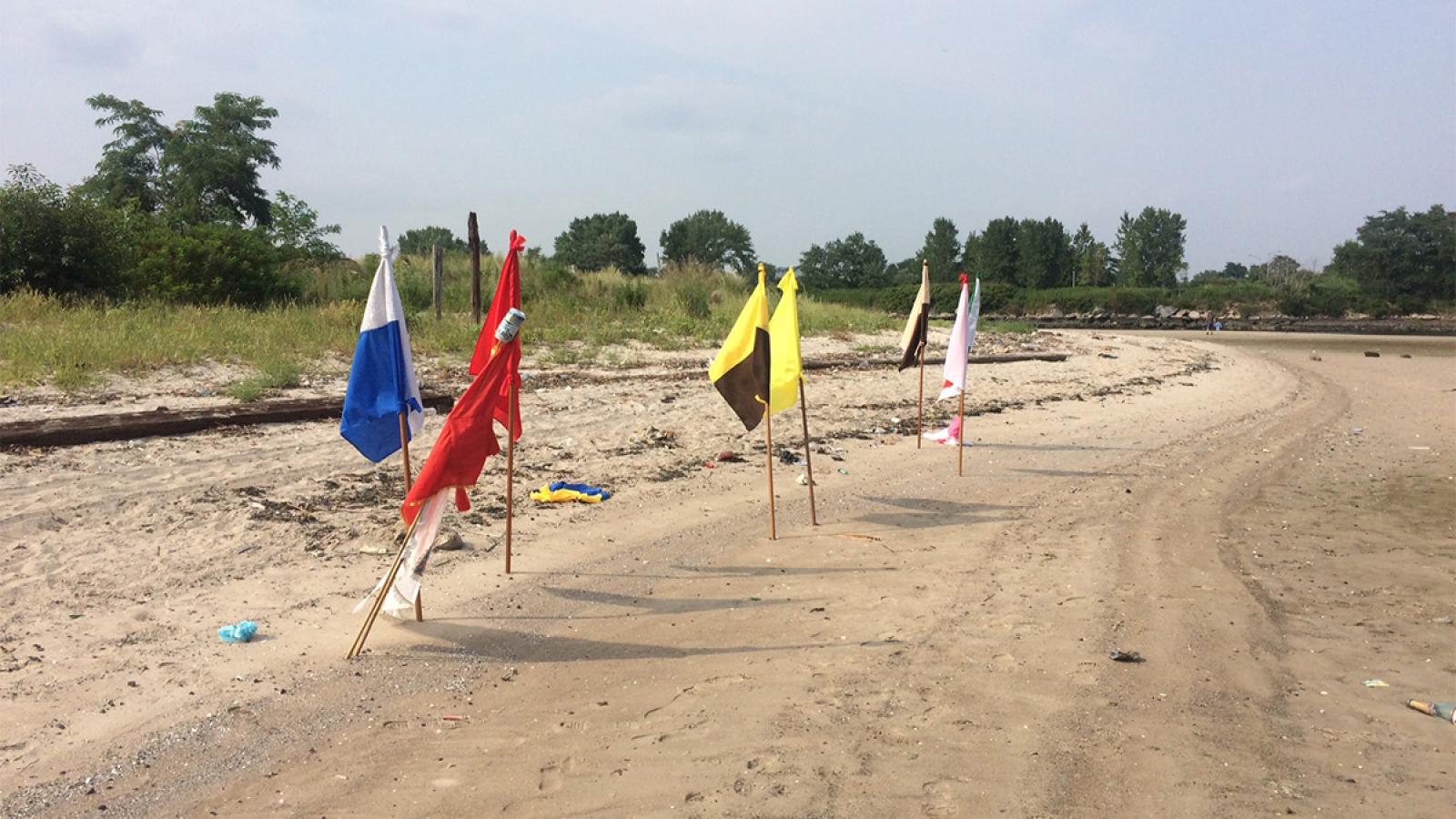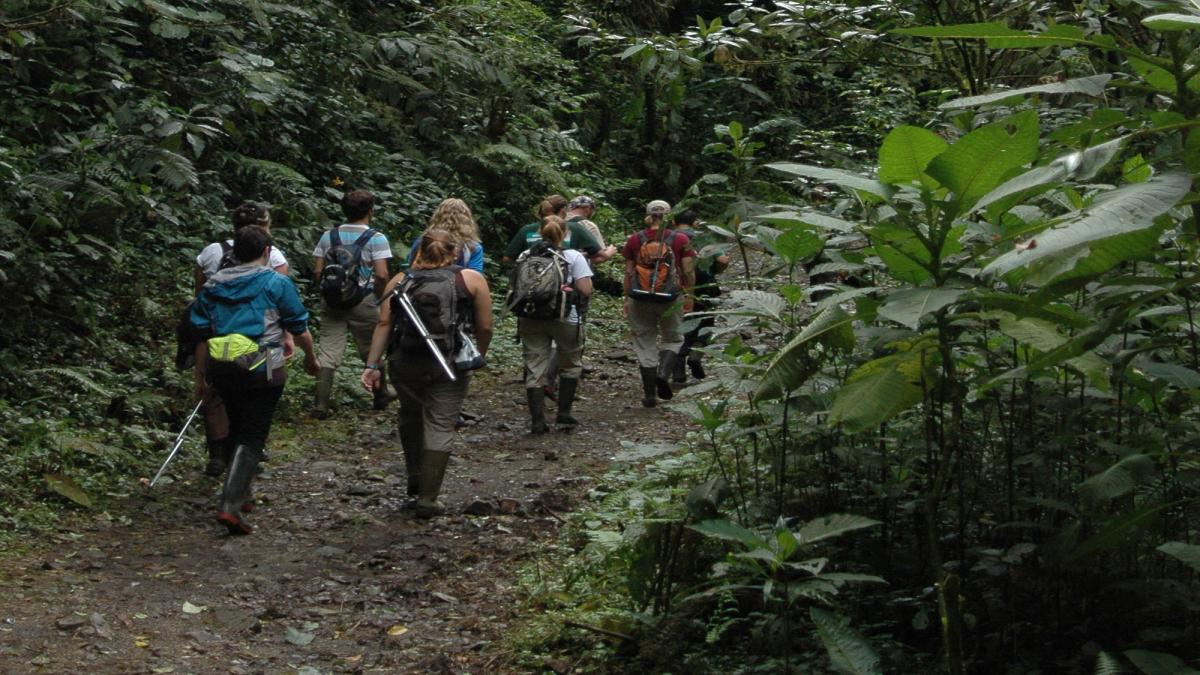Nostalgia for American Girl Dolls is no joke. But what happens when the first-ever boy doll is introduced to one of the most iconic girl power brands? Emilie Zaslow, PhD, professor and department chair of communication studies at Pace, teamed up with Jaclyn Griffith ’17 to find out.
Fall 2021: Move-in Tips
If you’re a residential student living on campus for Fall 2021, you’ve probably gotten a lot of emails from Residential Life and Housing Operations. But, we’ve got some helpful tips to make your move-in go smoothly—in New York City and in Pleasantville.
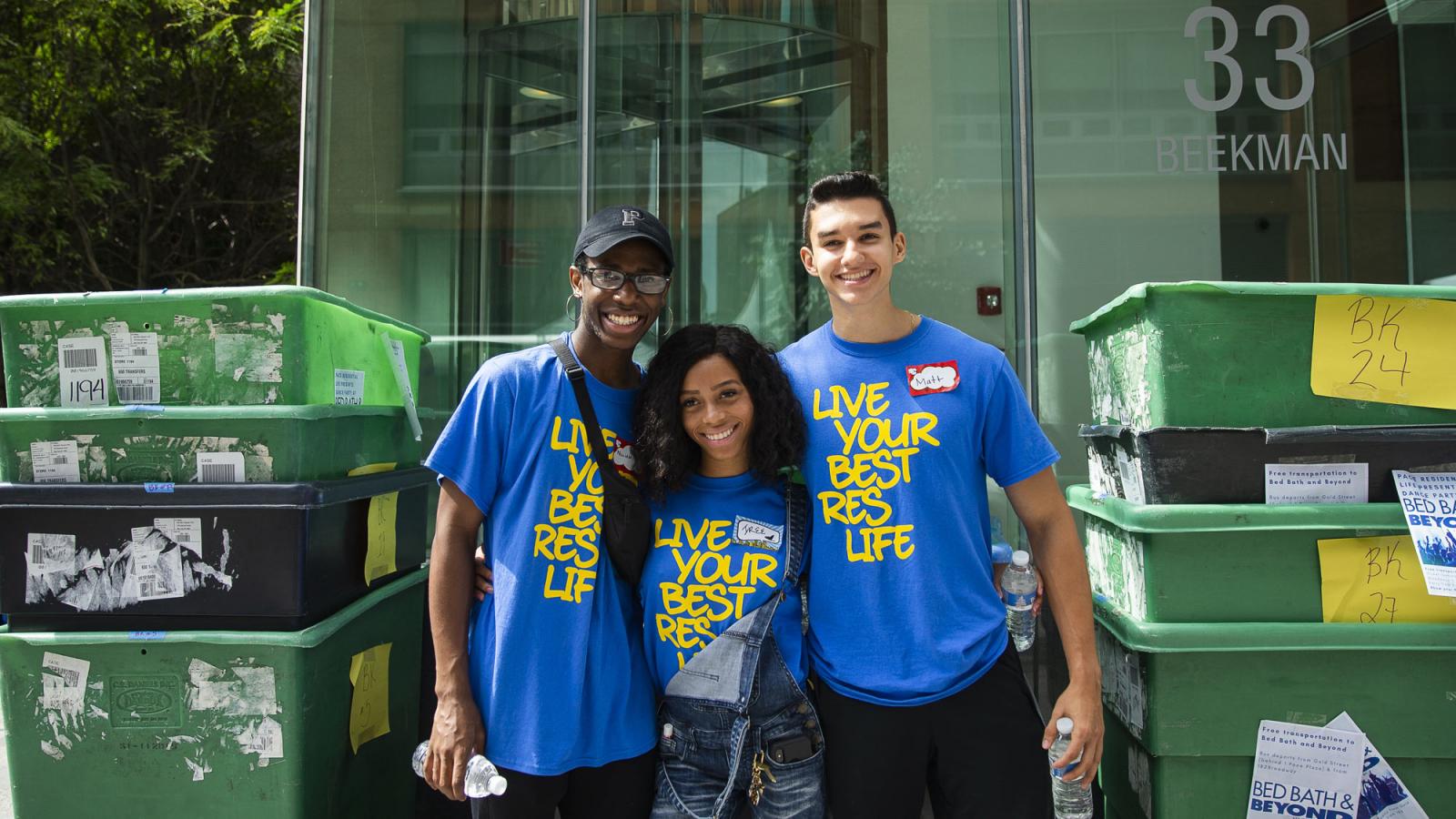
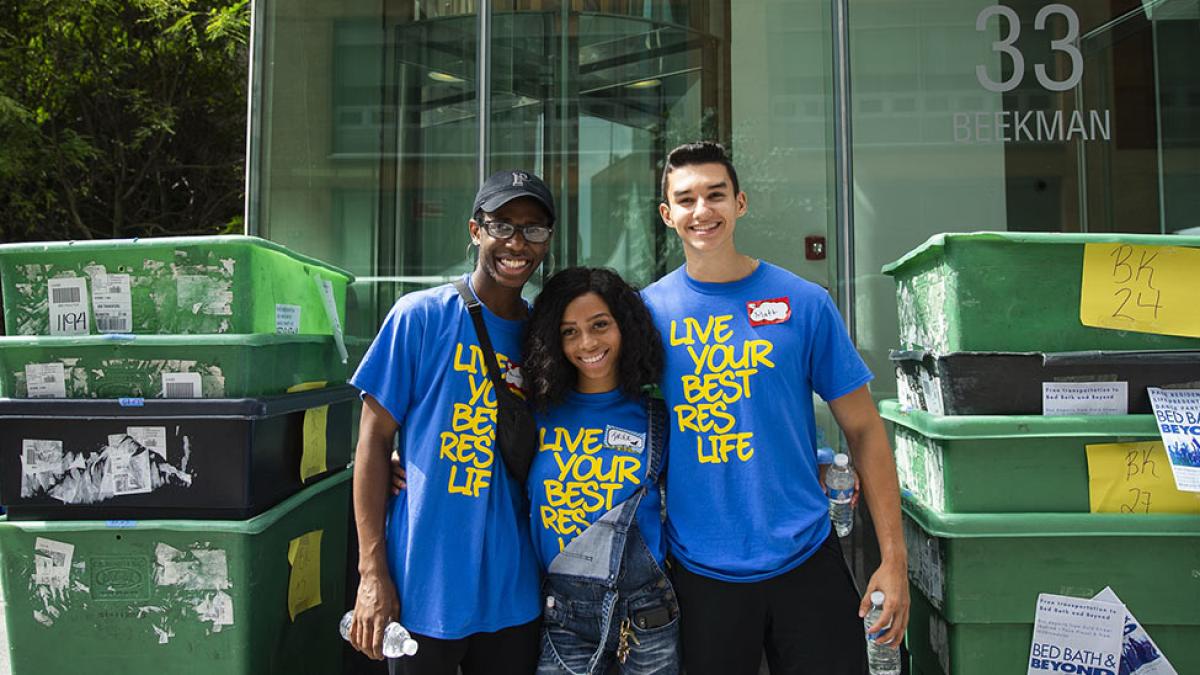
If you’re a residential student living on campus for Fall 2021, you’ve probably gotten a lot of emails from Residential Life and Housing Operations. From scheduling move-in appointments to COVID-19 testing, we’ve hit you with all of the pertinent information. But, we’ve got some helpful tips to make your move-in go smoothly—in New York City and in Pleasantville.
Check ‘em out:
- Arrive on time. Try to arrive at your residence hall during the window of time for which you signed up. It is okay to come AFTER your appointment, but please do not come BEFORE your appointment.
- If you are arriving after 6:00 p.m., you may need to contact the RA on Duty to come down and check you in (the contact information for the RA on Duty will be easily available in each residence hall).
- Speak to staff at the Check-In tables. Students arriving between 9:00 a.m. and 6:00 p.m. should check in with the Residential Life Staff stationed at their residence hall. There will be an easily identifiable check-in location at each residence hall.
- We’ll make it quick. The initial check-in process is very quick, and simply allows the staff to verify that each student has completed all steps necessary for moving in. Some students may also need to pick up keys and/or ID cards at this step in the process.
- Bring a couple of people. Three people, max. Students may have up to two people enter the residence hall to assist them in moving their things in. We suggest that one person always stays with the car (if arriving by car) to ensure that it can be moved if necessary. For this reason, we recommend that no more than three people accompany each student to move in (two to help move things into the building, one to stay with the car). We ask that helpers limit their stay to just the time needed to move things in and assist in setting up the room. After move-in, as per the Guest Policy for the start of the academic year, residential students may only have other members of the Pace Community visit them in the residence halls.
- Parking stuff. If arriving at your residence hall by car, you will want to unload quickly, but then have someone move the car to a parking lot. There is parking available in the Pleasantville Campus, but there is no Pace parking for the New York City Campus. There are many private parking garages in the area, and they are easily identifiable (and security and other Pace staff can help direct you to them).
- We’ll help keep the process moving. Pace staff will be present on site to assist in direction of both vehicle traffic and foot traffic. Pace Security staff will work to ensure that cars keep moving as they are unloaded. Student and staff volunteers from the Pace Community will be present to also assist, but each student should be ready to move their own things into the building.
- Hello, dolly. A limited number of rolling moving bins will be available at each location, but depending on demand at any given time, we cannot guarantee that bins will be available to everyone. Students who have a cart, wagon, dolly, or hand truck are encouraged to bring it to help with their move in process.
Enjoy the rest of your summer and reach out anytime with additional questions to housingoperations@pace.edu. You can also find more information and explore our buildings online on the Housing website.
Sustainability, and Sustaining Community
Dyson Environmental Studies and Science Professors Monica Palta and Anne Toomey have been conducting research in Coney Island Creek, documenting the existing environmental and social ecosystem. Their work aims to reshape the conversation surrounding urban waterfront development.
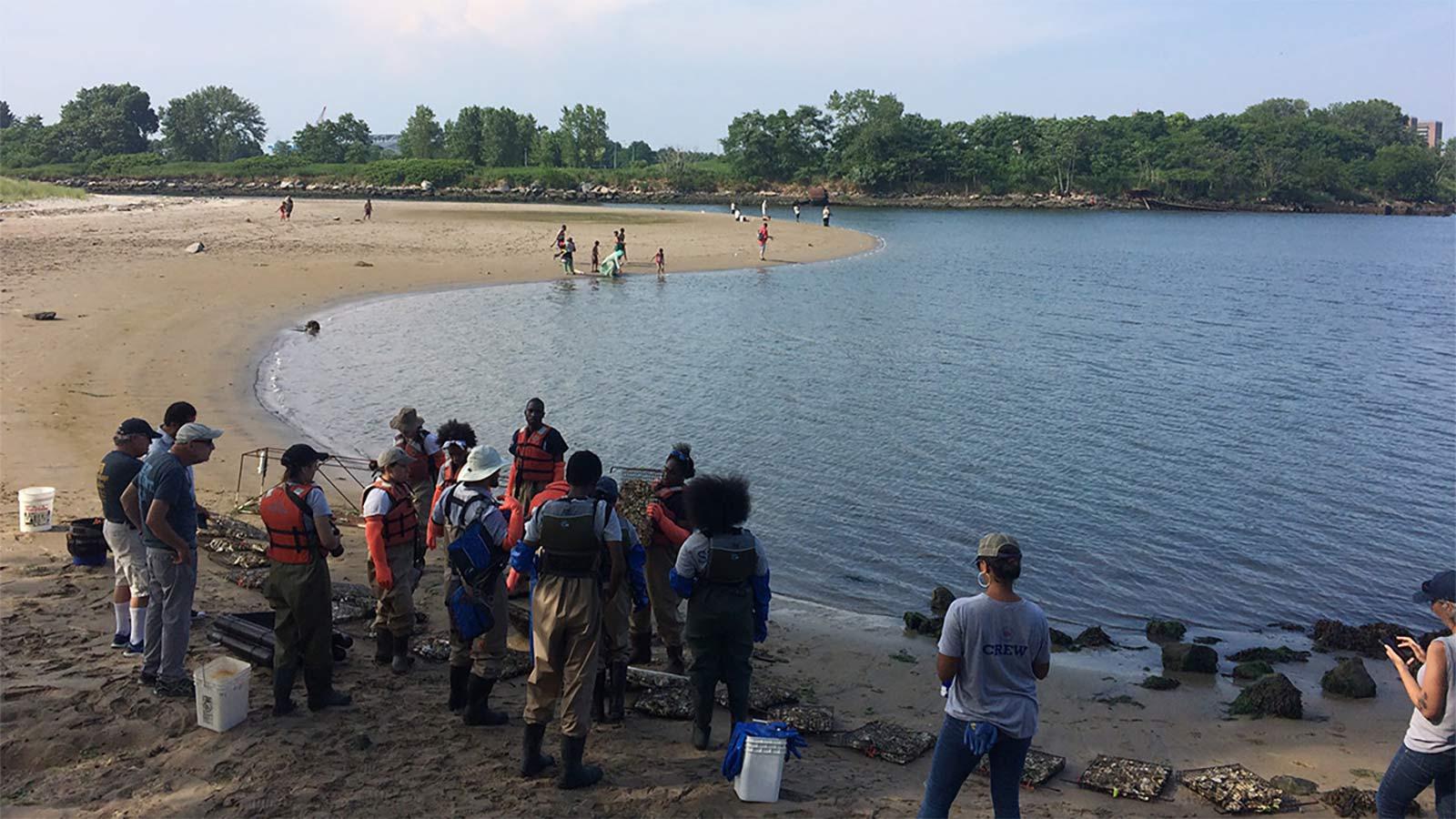
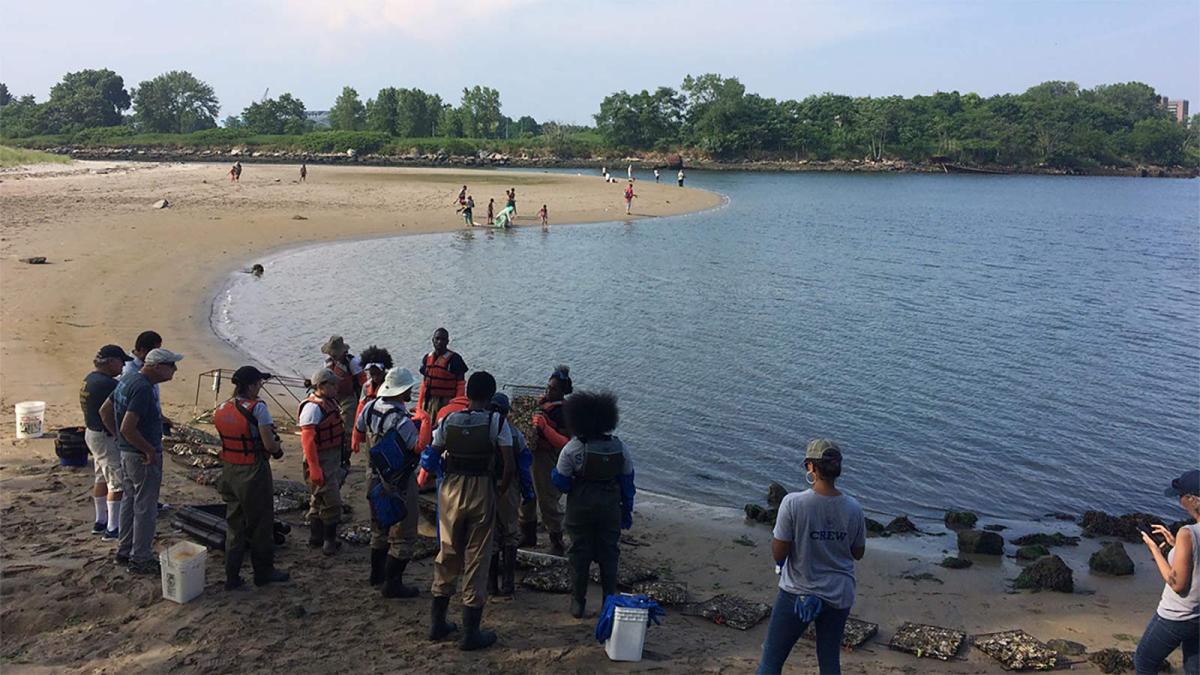
New York City is an ongoing work-in-progress. No matter where you turn, you’ll likely see scaffolding, construction, and the endless churn of redevelopment.
This is increasingly true on the many waterfronts in New York City, where redevelopment is often touted as, (a. a necessity, in order to protect city residents from rising sea levels and the unforgiving whims of climate change, and (b. an undeniable environmental boon, as many urban waterfronts are considerably polluted.
Often lost in the conversation surrounding waterfront redevelopment, however, is the current recreational and community usages of each waterfront, and the ways redevelopment will inexorably alter existing social ecosystems.
“For a very long time the water bodies in New York were too polluted to be under any sort of consideration as a public resource or a lucrative area of development, but that’s really shifted, especially with the passage of the Clean Water Act,” said Dyson Assistant Professor Monica Palta, PhD. “Although New York City waterways now receive much less pollution than 50 years ago, there are still legacy effects from old industries along the waterfront, and ongoing pollution problems caused by the city’s outdated sewage system. So the water bodies around New York City are still polluted, but in general, there’s a lot of long-term planning that would involve development along the waterfront.”
After receiving funding from the Wilson Center for Social Entrepreneurship, fellow environmental studies and science assistant professor Anne Toomey, PhD—who has long studied the relationship between citizen science and public engagement surrounding pertinent environmental issues—teamed up with Palta to examine the current social and ecological environment of Coney Island Creek, a heavily polluted waterbody in New York City, slated to be substantially redeveloped in the coming years. Their research, which ranged from water sampling, to citizen interviews, to urban planning analysis, documents current uses of the area in hopes of providing a context as to how to create a more sustainable future for Coney Island Creek and the New York waterfront in general—in ways that reduce existing environmental hazards while also preserving existing place attachments and meanings to the population it serves.
Both Toomey and Palta view urban waterfronts such as Coney Island Creek as a complex puzzle. As one of the most heavily polluted bodies of water in New York City, Coney Island Creek may be declared the next SuperFund site. Yet at the same time, it has been an important community hub for decades, and a vital recreational space for children and adults alike.
“On any given day in the summer there will be hundreds of people interacting with the water in Coney Island Creek; bathing, boating, etc. It obviously serves an important community recreational and cultural value, but it’s also very polluted,” said Toomey.
“We wanted to better understand how these dynamics work—local residents are trying to clean up the creek and also seek to have a say in how it’s being developed,” said Toomey. “Not just Coney Island, but as New York City is developing different waterfront plans, city planners are making decisions on a regular basis about how these waterfronts are developed, and we want to be a part of the discussion.”
One way these various competing realties are playing out in Coney Island Creek is through the construction of a proposed ferry terminal, which would dramatically alter the scope in which the creek is used and interacted with. As Toomey notes, many Coney Islanders support the construction of a ferry in Coney Island, as a ferry would substantially improve transportation options and access.
However, the plan to place the ferry terminal in Coney Island Creek—not the most convenient location for the many tourists who would likely be using the ferry in the first place—would likely expeditiously gentrify a lower-income area of Coney Island, and could possibly provide increased benefits to tourists at the expense of residents with personal investment and connection to the existing community. All of these potentially inalterable changes in the social fabric, naturally, do not even take into account the negative environmental effects that may arise from dredging the creek, the constant flow of ferries, and other realities of the redevelopment.
“It’s hard to make an argument to protect an area that is very polluted—it’s an uphill battle to say ‘yes, leave these submerged wrecked ships’ (which is actually good for mussels)—and ‘don’t replace this concrete where people fish with a park, because people who fish there aren’t going to have access to that space,’” said Palta. “This is why it’s really important to look at the net benefit vs. net harm. And that can be very nuanced.”
All in all, Toomey and Palta view their work as important contribution to the redevelopment conversation. While redevelopment often must and will inevitably happen, broadening the conversation to consider what truly constitutes waterfront improvement—and how to tailor necessary and essential improvements to the communities that already have strong ties to the waterfront—can force city officials, developers, and communities to better understand the complex dynamics of urban waterfronts, and work together to create plans that are truly sustainable.
“It’s not to say that it’s fine that people are swimming in polluted water, but we need to think about current uses and how to support those current uses—not just for a subset of people who could afford to live on gentrifying waterfront developments that are more resistant to rising sea levels,” said Toomey.
“I think the work that we’re doing is really important in terms of documenting what’s there,” said Palta. “All we can do is push that narrative forward and shed more light on how these systems are currently being used, and what the actual hazards or benefits are that are associated with them.”
See More Research from Pace
Alongside student scientists, Dyson Professor of Biology Bill Eaton is conducting invaluable research in Costa Rica—helping the world better understand how soil ecology impacts short- and long-term environmental health.
CHP Professors Angela Northrup and Christen Cooper, and student Rachel Mazariegos '21 are embarking on a multi-disciplinary research study examining sugar sweetened beverage consumption amongst young children; with the aim of combating harmful consumption across varied populations, and helping to reduce childhood obesity.
Westchester & Fairfield County Business Journals featured Elisabeth Haub adjunct professor John Bandler in “An overview of cybersecurity laws affecting businesses in New York and Connecticut”
John Bandler is an adjunct professor at Elisabeth Haub School of Law at Pace University who teaches about law as it intersects with cybercrime, cybersecurity and privacy.
An overview of cybersecurity laws affecting businesses in New York and Connecticut
Adjunct Professor John Bandler explains why businesses should evaluate and improve their cybersecurity plan in this article for Westchester and Fairfield Business Journals.
Marie-Amélie George Receives 2021 Haub Law Emerging Scholar Award in Gender & Law
Professor Marie-Amélie George of Wake Forest Law School has been selected as the winner of the 2020–2021 Haub Law Emerging Scholar Award in Gender & Law for her paper Exploring Identity, 54 Fam. L. Q. (forthcoming 2021).

Professor Marie-Amélie George of Wake Forest Law School has been selected as the winner of the 2020–2021 Haub Law Emerging Scholar Award in Gender & Law for her paper Exploring Identity, 54 Fam. L. Q. (forthcoming 2021). Professor George is an Associate Professor; she teaches Civil Procedure, Family Law, Professional Development, and Public Interest Advocacy.
Professor George’s research focuses on LGBTQ rights, analyzing how and why laws have changed, as well as the ways that history can provide insight into current legal debates and contemporary normative questions. Her scholarship has explored a broad range of gender-related issues including conversion therapy bans, gay and lesbian parenting issues, the decriminalization of sodomy, and the advancement of trans rights. Her scholarship has appeared or is forthcoming in the Northwestern Law Review, Florida Law Review, Wisconsin Law Review, and Alabama Law Review, among others.
Professor George received her Ph.D. in history with distinction from Yale University, and her J.D. from Columbia Law School, where she was Editor-in-Chief of the Columbia Journal of Gender and Law and a Kent Scholar. She also holds a M.St. in Women's Studies from the University of Oxford and a B.S.F.S. from Georgetown University.
Professor Noa Ben-Asher, a member of the award selection committee said, “Professor George’s timely and well-executed article offers a significant contribution to both family law and the law of gender and sexuality. It identifies flaws in how courts address parental disputes regarding the gender of children, and offers a path that better enables children to explore their own identity.”
About the Award
The Haub Law Emerging Scholar Award in Gender & Law is presented annually in recognition of excellent legal scholarship related to gender and the law published by a full-time law professor with five or fewer years of full-time teaching experience. After an open call for submissions, papers are reviewed on a blind basis by four members of the Haub Law faculty with expertise in this area. This year’s judges were Noa Ben-Asher, Emily Gold Waldman, and Bridget Crawford. The Haub Law School invites the award recipient to present their winning scholarship to the Haub Law community.
Nominations are due by July 1 of each year and can be directed to Professor Bridget Crawford.
Pace University Names Rachael Silva Assistant Dean for External Affairs at Haub Law
Rachael Silva, a strategic and creative marketing communications professional with an impressive track record of successful brand building in academia, healthcare and non-profits, has been named Assistant Dean for External Affairs at Pace University’s Elisabeth Haub School of Law in White Plains.
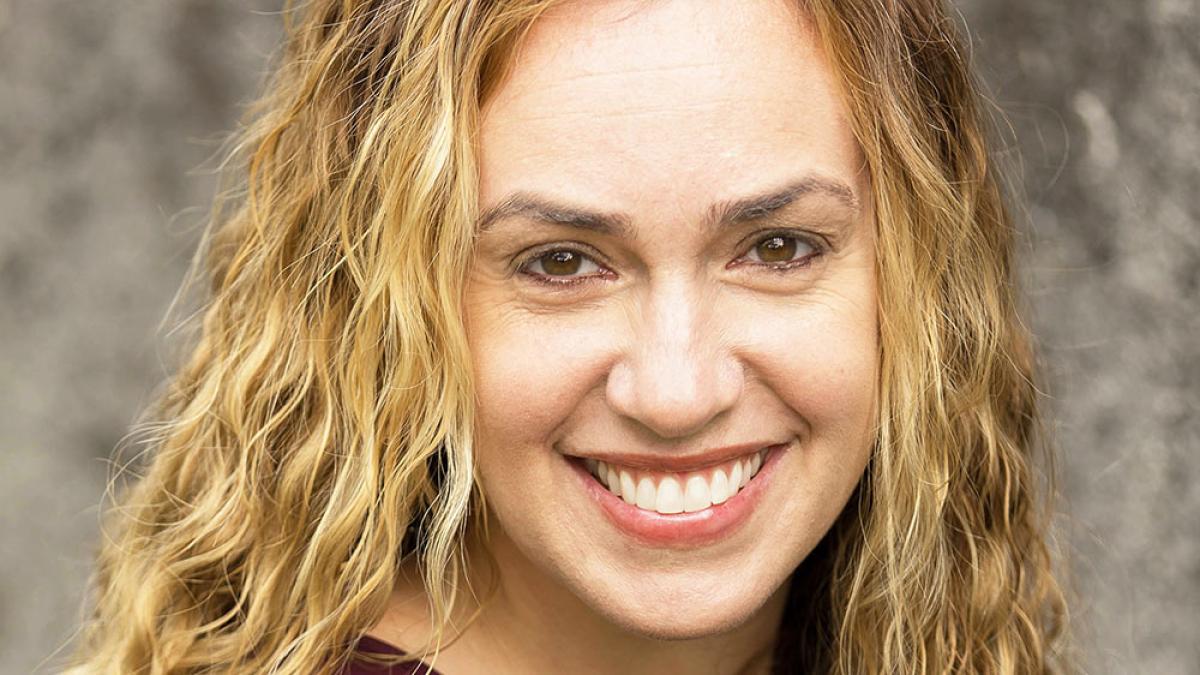
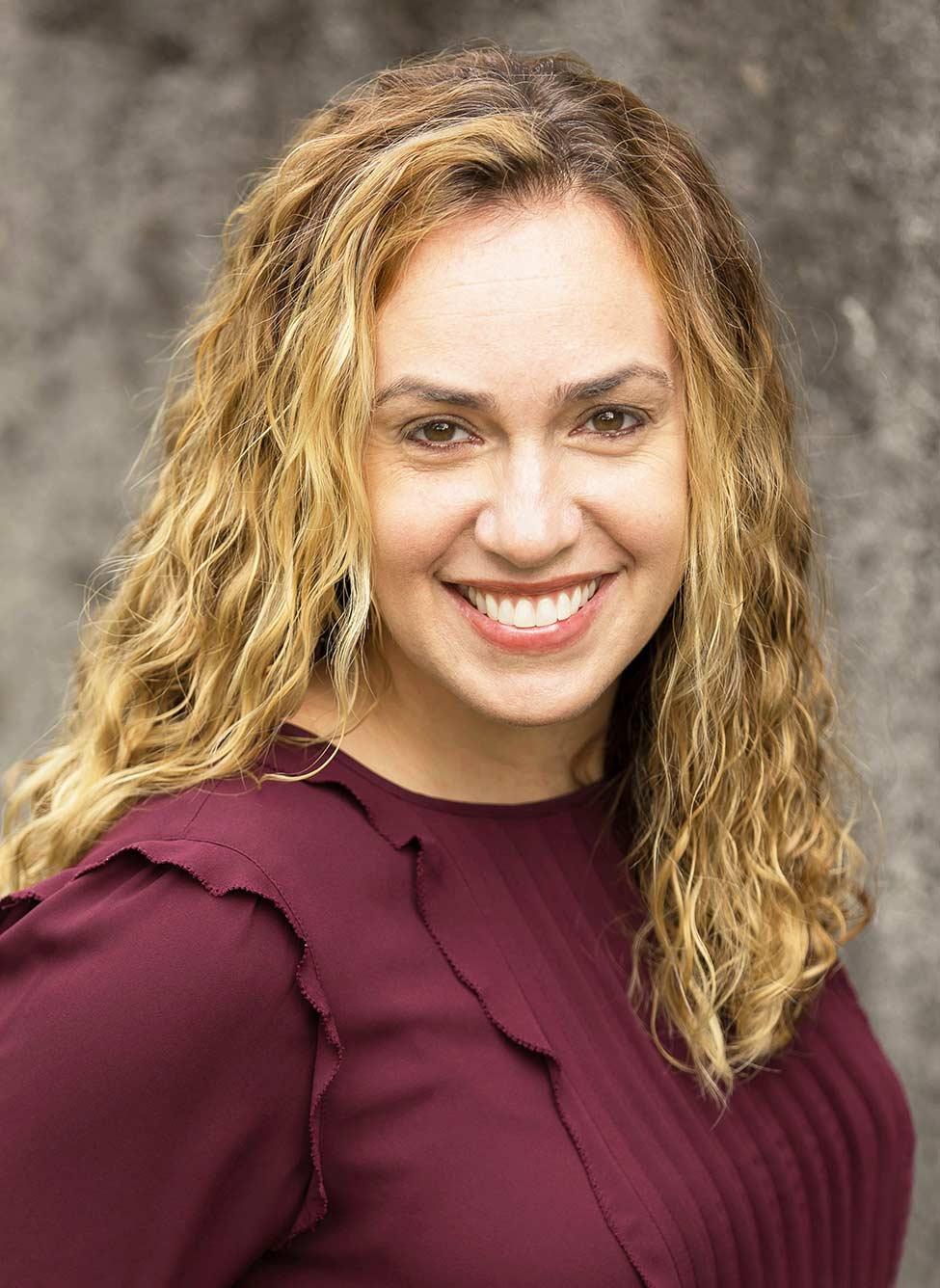
Rachael Silva, a strategic and creative marketing communications professional with an impressive track record of successful brand building in academia, healthcare and non-profits, has been named Assistant Dean for External Affairs at Pace University’s Elisabeth Haub School of Law in White Plains, the University announced.
“We are very happy to welcome Rachael to Haub Law as Assistant Dean for External Affairs,” said Horace E. Anderson, Jr., Dean of the Elisabeth Haub School of Law at Pace University. “She brings to this critically important role exceptional leadership skills and technology savvy, and broad experience in all facets of marketing and communications. Her skillset and experience will complement our internal team’s efforts to shine a light on the great educational institution of Haub Law and the outstanding accomplishments of our faculty, staff, students, and alumni.”
“Pace University is a leading and innovative educational institution with a mission that appeals to me,” said Silva. “I am thrilled to be joining the Elisabeth Haub School of Law and to have the opportunity to help further elevate the reputation of this exceptional law school community by telling the stories of the amazing work happening here every day, and by leveraging my experience to share those stories in new ways."
“I am thrilled to be joining the Elisabeth Haub School of Law and to have the opportunity to help further elevate the reputation of this exceptional law school community by telling the stories of the amazing work happening here every day, and by leveraging my experience to share those stories in new ways."
Prior to joining Haub Law, Silva was Senior Director of Marketing and Communications for Touro College of Dental Medicine at New York Medical College in Valhalla, where she established a national brand reputation for this new school opened in 2016. In addition to overseeing overall marketing, communications, branding, and media relations for the college, she was responsible for leading patient-acquisition marketing efforts for its 115-chair clinical training facility and building its reputation through community outreach and government relations efforts. Silva also played a pivotal role in admissions, fundraising, college events, and overall campus visitor experience.
Prior to Touro, Silva was Director of Creative Services at The New York Public Library for four years, responsible for overseeing marketing, advertising, branding, visitor experience, publications, design and multimedia for its 4 research libraries and its 88 additional locations. She also spent over 13 years at Montefiore Medical Center in leadership roles focusing on marketing, communications, branding, creative services, and digital media. Most notably, while there she played a pivotal role in a major re-branding strategy, web redesign and advertising campaign for the hospital, ultimately helping it elevate its brand reputation and rankings nationally.
Silva holds a MS in Graphic Communications Management & Technology from New York University, along with a BA in Professional and Technical Communications from the State University of New York Institute of Technology at Utica. Additionally, she holds a Certificate in Electronic Publishing from the Association of Graphic Communications. Silva lives in Westchester, NY.
About Elisabeth Haub School of Law
Elisabeth Haub School of Law at Pace University offers JD and Masters of Law degrees in both Environmental and International Law, as well as a Doctor of Juridical Science (SJD) in Environmental Law. The school, housed on the University’s campus in White Plains, N.Y., opened its doors in 1976 and has more than 9,000 alumni around the world. The school maintains a unique philosophy and approach to legal education that strikes an important balance between practice and theory. Haub Law launched its Environmental Law Program in 1978, and it has long been ranked among the world’s leading university programs, with a current #1 ranking by U.S. World and News Report. Pace’s doctoral graduates teach environmental law at universities around the world. Pace’s JD alumni are prominent in environmental law firms, agencies and non-profit organizations across the U.S. and abroad. In 2016, the Law School received a transformational gift from the family of Elisabeth Haub, in recognition of its outstanding environmental law programs.
About Pace University
Pace University has a proud history of preparing its diverse student body for a lifetime of professional success as a result of its unique program that combines rigorous academics and real-world experiences. Pace is ranked the #1 private, four-year college in the nation for upward economic mobility by Harvard University’s Opportunity Insights, evidence of the transformative education the University provides. From its beginnings as an accounting school in 1906, Pace has grown to three campuses, enrolling 13,000 students in bachelor’s, master’s, and doctoral programs in more than 150 majors and programs, across a range of disciplines: arts, sciences, business, health care, technology, law, education, and more. The university also has one of the most competitive performing arts programs in the country. Pace has a signature, newly renovated campus in New York City, located in the heart of vibrant Lower Manhattan, next to Wall Street and City Hall, and two campuses in Westchester County, New York: a 200-acre picturesque Pleasantville Campus and the Elisabeth Haub School of Law in White Plains.
